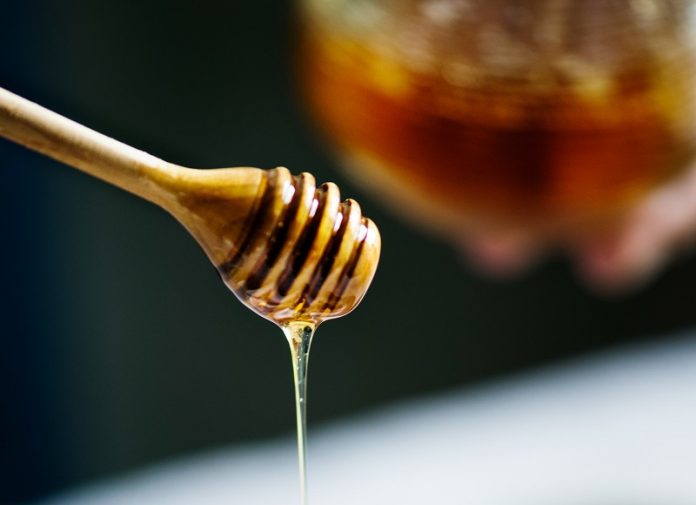
Researchers at the UCLA Health Jonsson Comprehensive Cancer Center have discovered that Manuka honey could be a promising natural option for preventing and treating breast cancer, particularly estrogen receptor (ER)-positive breast cancer.
This type of breast cancer is the most common, making up about 70–80% of all cases.
In their preclinical study, the researchers found that Manuka honey significantly reduced tumor growth in mice with ER-positive breast cancer by 84%.
Remarkably, the honey didn’t harm normal breast cells or cause major side effects.
The study also revealed that higher doses of Manuka honey led to an even greater reduction in cancer cell growth.
One of the ways Manuka honey works is by blocking certain pathways in the body that are overactive in cancer cells, such as AMPK/AKT/mTOR and STAT3. These pathways are involved in helping cancer cells grow and survive.
Interestingly, Manuka honey reduced the growth of cancer cells without affecting normal human breast cells, suggesting that it might target cancer cells specifically.
Another important finding was that Manuka honey helped existing breast cancer treatments work better.
When used with tamoxifen, a common drug for ER-positive breast cancer, the honey made the treatment more effective.
There is an urgent need for alternative breast cancer treatments, especially since many patients develop resistance to current therapies over time.
This resistance is a major reason why breast cancer remains the leading cause of cancer-related deaths among women worldwide.
Manuka honey, known for its antimicrobial and antioxidant properties, is rich in compounds like flavonoids, phytochemicals, and vitamins.
These compounds have shown potential in fighting cancer by blocking pathways that allow tumors to grow and spread.
The study involved experiments in mice and in lab-grown breast cancer cells. The results were promising, showing a significant reduction in tumor growth when Manuka honey was used.
This suggests that Manuka honey could potentially be developed into a natural supplement or even a standalone treatment for ER-positive breast cancer, especially for patients who no longer respond to traditional therapies.
Dr. Diana Marquez-Garban, the study’s lead author, believes this research offers hope for developing natural, less toxic alternatives to chemotherapy.
However, she emphasizes that more research is needed to fully understand the benefits of natural compounds in cancer treatment. This study lays the groundwork for further exploration into Manuka honey as a potential breast cancer therapy.
This research was published in the journal Nutrients.
If you care about breast cancer, please read studies about how eating patterns help ward off breast cancer, and soy and plant compounds may prevent breast cancer recurrence.
For more health information, please see recent studies about how your grocery list can help guard against caner, and a simple way to fight aging and cancer.
Source: UCLA.



